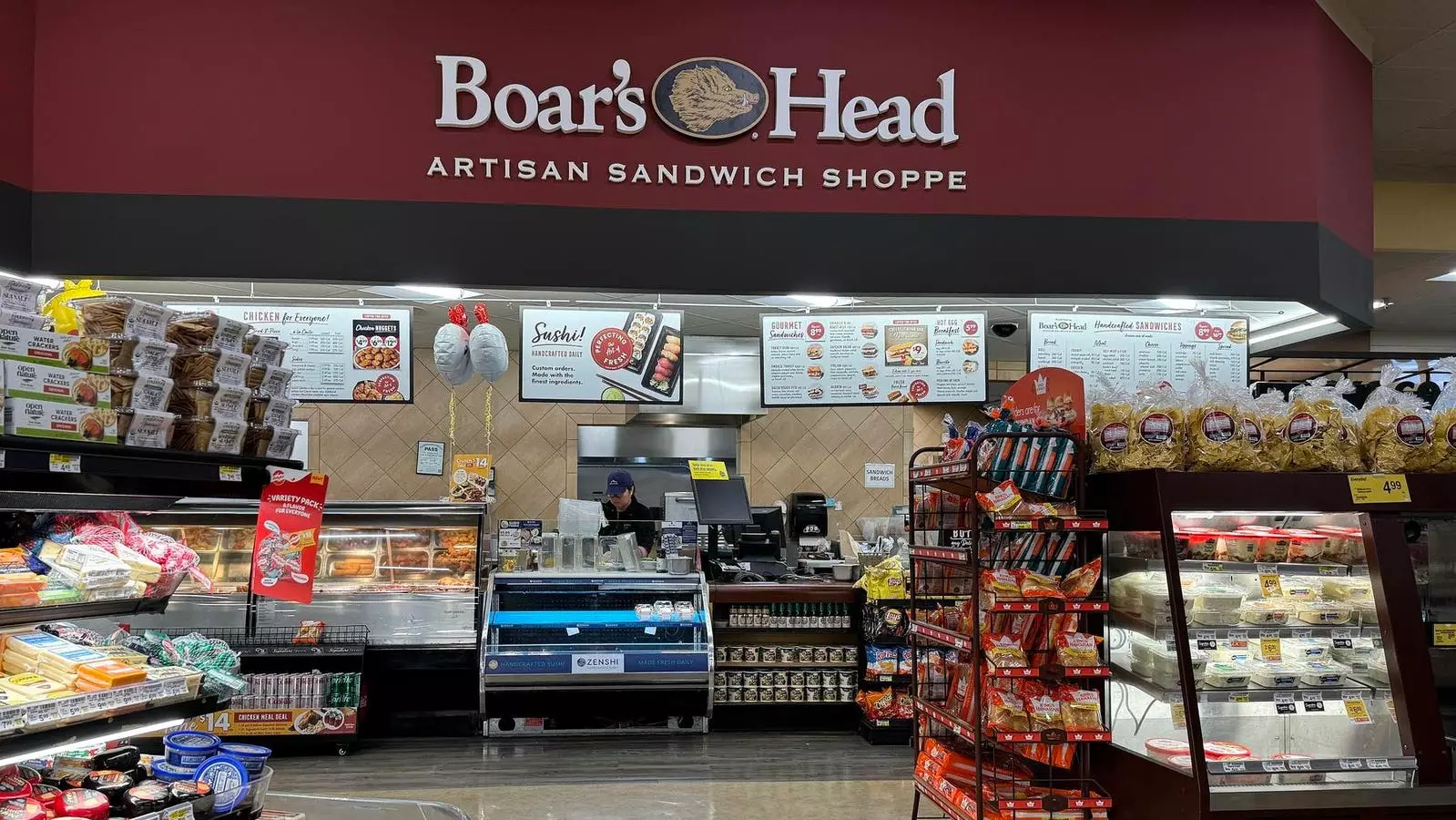In the world of deli meats, few brands hold the esteemed position of Boar’s Head. Known for its premium products and ubiquitous presence in grocery stores across the United States, the company presents itself as a cut above the rest. However, behind the gleaming façade of quality meat products lies a narrative riddled with accusations of aggressive tactics and intimidation, as revealed in several accounts from former employees and industry insiders. This article aims to unpack these allegations and offer a critical exploration of Boar’s Head’s retail strategy.
As reported by various sources, several ex-employees have characterized Boar’s Head’s operational framework as one that fosters a culture of intimidation. According to testimonies, the company’s network of independent distributors operates under a system of pressure, where aggressive tactics are used not just to secure retail placements but also to maintain them. One former employee vividly described the process as “bullying,” with the pressure cascading from the top down—executives intimidate distributors, who in turn turn the tables on retailers. This creates an atmosphere where fear and compliance seem to be mandatory for success.
While Boar’s Head has firmly denied these allegations, the sheer volume of similar accounts raises questions about the truth behind the company’s internal practices. Such a narrative suggests that what many perceive as a leading brand may rest on a foundation of fear rather than merit.
The implications of Boar’s Head’s alleged business practices stretch far beyond the confined walls of the company itself. As one of the largest players in the food industry, its strategies have the potential to influence broader market trends. When companies prioritize intimidation over innovation, it stifles competition and diminishes opportunities for smaller businesses.
Moreover, this situation highlights a vital issue within the food industry: the necessity of transparency and ethical practices. The lack of accountability can lead to corruption and misconduct that ultimately affects consumers. As the demand for sustainable and ethically sourced foods climbs, businesses that employ dubious tactics may find themselves on the wrong side of consumer trust.
One cannot ignore the more extensive issues at play within the American food system. A looming concern mentioned in the original reports revolves around food security, a topic all too often overlooked in political discourse. With the upcoming 2024 presidential election approaching, one must question why critical issues like hunger and production ethics are largely absent from the conversations politicians engage in.
Furthermore, food safety remains a paramount concern in light of several high-profile health crises, including E. coli outbreaks. The need for regulatory organizations to scrutinize food providers like Boar’s Head is essential not only for public health but also for promoting fair competition. Encouraging protective regulations can facilitate a more level playing field for smaller producers who prioritize quality, sustainability, and transparency.
Amidst these troubling allegations, Boar’s Head continues to thrive within a culinary culture that favors established brands. As consumers increasingly seek out gourmet options, it’s vital to remain mindful of where the products come from and how they are produced. The allure of a brand can often overshadow its practices, leading consumers to unknowing complicity in unethical business models.
Encouragingly, a growing segment of the population is becoming aware of the social and environmental impact of their dietary choices. As public awareness around ethical food sourcing increases, consumers will increasingly demand accountability from brands, including household names like Boar’s Head. Ultimately, industries that fail to adapt to this shifting landscape may find themselves facing backlash and boycotts.
The story of Boar’s Head serves as a cautionary tale within the wider food industry. Allegations of intimidation tactics and a significant lack of transparency present consumers and stakeholders with ethical dilemmas regarding the food products they choose. As the conversation surrounding food equity continues to evolve, the hope is that consumers become more discerning, supporting brands aligned with integrity and sustainability. The future of food depends not only on the choices we make as individuals but also on the willingness of companies to embrace transparency and ethical business practices.


Leave a Reply